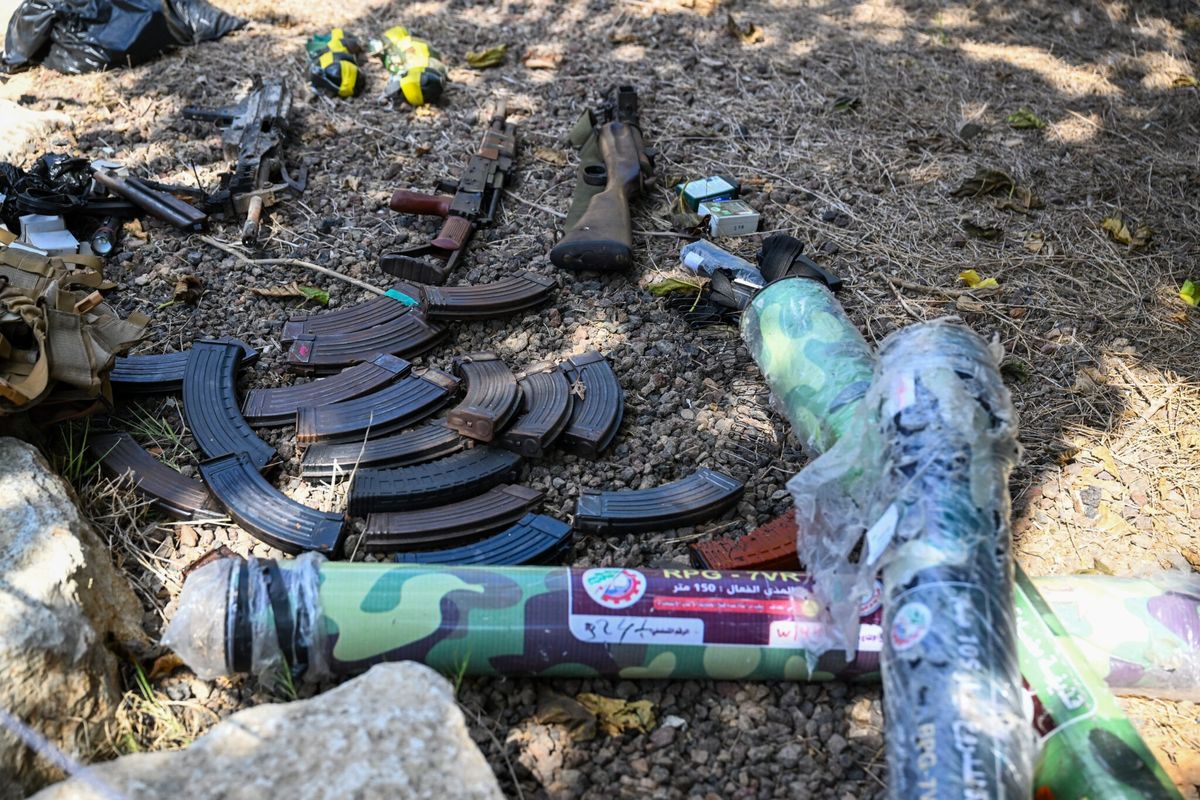On Friday, militants carried out a devastating attack at a mosque in the city of Bir al-Abed located in Egypt’s northern Sinai province, leaving at least 230 dead and more than 100 others injured. According to local police, gunmen arrived in four vehicles and bombed the mosque, which was packed for Friday prayers, before opening fire on fleeing worshippers. The vehicles were also set on fire outside the mosque to block off escape routes.
Although there has been no claim of responsibility, ISIS’ affiliate in the Sinai, known as Sinai Province, has conducted frequent attacks in the Peninsula since it launched its insurgent campaign in 2011. If ISIS is found to be responsible, this would mark the deadliest incident that Sinai Province has orchestrated to date. Locals have reported that the mosque was frequented by followers of Sufism, or Islamic mysticism, who are viewed as heretics by ISIS.
Despite its role as a critical partner for the U.S. in the global fight against terror, Egypt has struggled to combat the mounting extremist insurgency in the Sinai, which has had devastating effects on the country’s security apparatus and economic health. Egyptian President Abdel Fatah el-Sisi has pledged to continue his strong counterterrorism campaign and convened an emergency cabinet meeting immediately following Friday’s incident. However, many in the Sinai have felt disenfranchised by the Egyptian government’s lack of interest in the region leading them to offer support for the jihadist insurgency.
The Cipher Brief previously spoke with Rob Richer, former Associate Deputy Director for Operations at the CIA, about the factors that have given rise to the extremist insurgency in the Sinai as well as with Timothy Kaldas, a professor at Nile University in Cairo, about ways that Egypt can improve its counterterrorism strategy.
Bennett Seftel is deputy director of analysis at The Cipher Brief. Follow him on Twitter @BennettSeftel.













